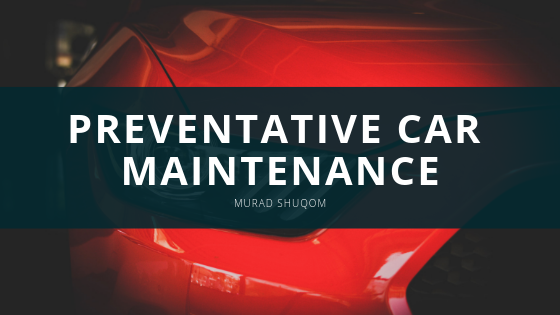Cars usually need regular assessment and preventive maintenance to keep them in their pristine condition and prevent expensive future maintenance issues. Different vehicles, however, require different approaches when doing preventive maintenance. As a car owner, the first step you need to take is to evaluate the owner’s manual on what the manufacturer recommends should be done and after what mileage intervals. There are, however, some basic universal car preventive maintenance practices that you should always observe.
Tire inspection
Tires should be inspected for air pressure at least once every morning before you set out on the road. Driving on underinflated tires can significantly impair the car’s performance while increasing the prospects of causing an accident. Overinflated tires also cause the risk of a tire burst which can be fatal. The tire tread should also be inspected for wear and tear and replaced accordingly once the treads get worn out beyond the minimum safe levels.
Vehicle fluids inspection
Various vehicle fluids should be inspected at least once every month. The engine oil level should be checked with the dipstick and refilled once it drops below the minimum levels.
The brake fluids, on the other hand, should also be checked to ensure they are at the appropriate levels. Once the brake fluid drops below the minimum level, the entire brake fluid should be bled out, and a new one added.
Vehicles engine coolant and transmission fluid should also be evaluated to ensure they are within the safe limits.
Battery inspection
The car battery should be inspected and cleaned as often as every morning. The inspection process should pay attention to cleaning of the battery terminals with a wire brush and application of ointment to prevent corrosion. A battery tester should also be used to assess the battery’s voltage levels. Once it falls below a specific voltage, then the battery should be replaced entirely.
Replacement of engine oil
The engine oil should be replaced once the car hits the recommended mileage. Most cars should have their engine oil replaced at an interval of about 3,000 miles, but some can go up to 10,000 miles. It is essential to understand your car’s safe engine oil replacement intervals in terms of mileage.
Replacement of common accessories
Other vehicle and engine accessories should be regularly replaced within the recommended timeframe per the vehicle manual. Accessories such as cabin air filters, engine air filters, and engine spark plugs should be replaced at the recommendation of your mechanic or at least once every three months. Undertaking such regular and comprehensive vehicle inspection helps keep your car in a pristine condition of performance.

